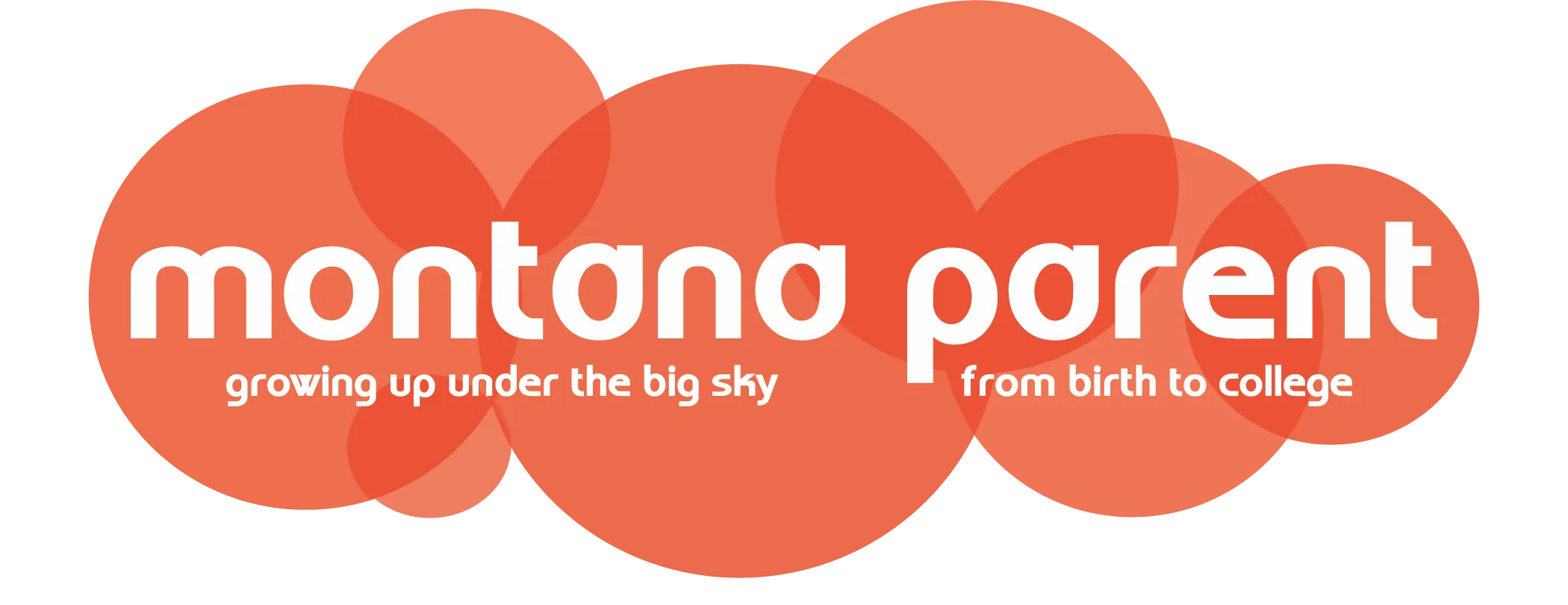Meeting Your Child
September 10, 2015
Posted By: Shaunescy
Written by Charlotte Dixon
School has started and, for some parents, so has the worrying. Parents of children who have unusual needs might be particularly worried about how to get these needs met in school.
To be clear, every child has unique needs. Good schools and good teachers will know that about your child and will generally meet most needs of most children. That’s the plan, anyway: recognize each child as the individual he or she is and help them to feel like they belong and are safe at school so they can take risks, learn and be themselves.
However, our system doesn’t always meet the needs of every student, whether they are physical (allergies, illness, disabilities), emotional (stress outside of school, anxiety, friendships) or academic (children who fall above or below the average learning rate or style). So where should a parent turn?
Your Child’s Teacher
Start first with your child’s teacher. It is helpful to know how to best communicate with the teacher—do they prefer e-mail, phone, an in-person meeting? (It is a universal frustration for teachers when parents come into their classrooms to chat when school is starting, or when kids are being dismissed. Trust me on this one; they do not have the ability to give their full attention at that time.)
Certainly your student’s teacher will want to problem solve and should know how
and where to steer you if they don’t. If, for whatever reason, this avenue doesn’t do the trick, the next step should be to contact your school counselor.
The School Counselor
Counselors are there to meet the needs of students by facilitating between teachers, parents and students. They are often in a unique position to see how the school works as a whole and can have some insight into what steps need to be taken to meet the needs of each student. Counselors are also able and obligated to keep family information confidential, so if you would like to investigate how to help your child, but are not sure you want the concern to be known to the school, the counselor is a good resource.
Most schools have systems in place to meet even the most specific needs. To name just a few of the hundreds of options: a child with a medical condition might need a health plan, struggling readers might get help from the reading intervention specialist and kids with behavioral challenges might benefit from various incentive programs.
Every school is different, and each system is a bit different, but the school counselor and teacher should be able to steer you in the right direction. Also, don’t forget to take a look at your school’s website; there is almost certainly more going on in that building than most parents realize, and you will want to take advantage of all the systems and programs you can.
The School Administrator
Often parents are hesitant to go to the school administrator for help (perhaps some of us remember being sent to them for “help” when we were kids and still feel uncomfortable, or
is that just me?). But this is a shame, because administrators are in the helping field for a reason – they want to help. Furthermore, they have the distinct advantage of having lots of power, so it’s wise to seek their assistance if you think it’s warranted.
Family Therapists
Family therapists are sometimes very helpful, especially if the concern happens outside of school as well (referrals can come from doctors, school counselors, friends or spiritual leaders).
I am often asked about the difference between a school counselor and a therapist, and I think the distinction is an important one. Generally, a school counselor’s role is to help the student succeed in school. For the most part, this means problem-solving ways to get the student back
to class and succeed there as much as possible. Therapists (which may include social workers, LCPC’s and psychologists) will likely work on broader goals of functioning (depression, anxiety, healing from trauma, life transitions or behavioral challenges) and are able to work in conjunction with the family.
Often therapists and school counselors work together – perhaps the therapist gives input on how the student might need support at school, or is available to let the school know that the family is aware of, and working on, their struggles. In exchange, it is often helpful for the therapist to have input from the school counselor about what behavior is seen at school, especially in regards to peers and social interactions.
School counselors are sometimes asked to “do therapy” with students, but generally this is not advised. Therapy can open up a can of worms, so to speak, and if a child is exposed to vulnerable feelings or new emotions and then sent back to class, it holds the potential for that child to learn that neither school nor therapy is safe. It is best to have children, especially younger ones, doing the heavy emotional work with caregivers who can make space and support them through the entire episode and keep school a safe haven for learning and growing. Sometimes schools are the place where a child doesn’t have to “deal with” the issues happening in the world outside it.
Charlotte Dixon, LCPC has been specializing in child and family therapy and in school counseling in Bozeman since 1997.














